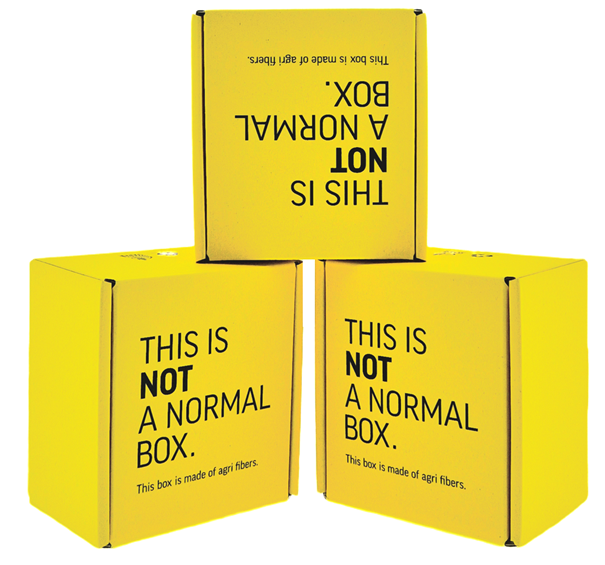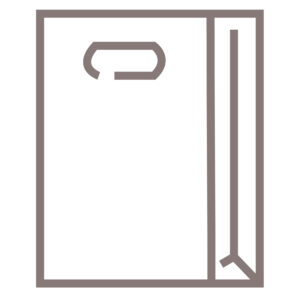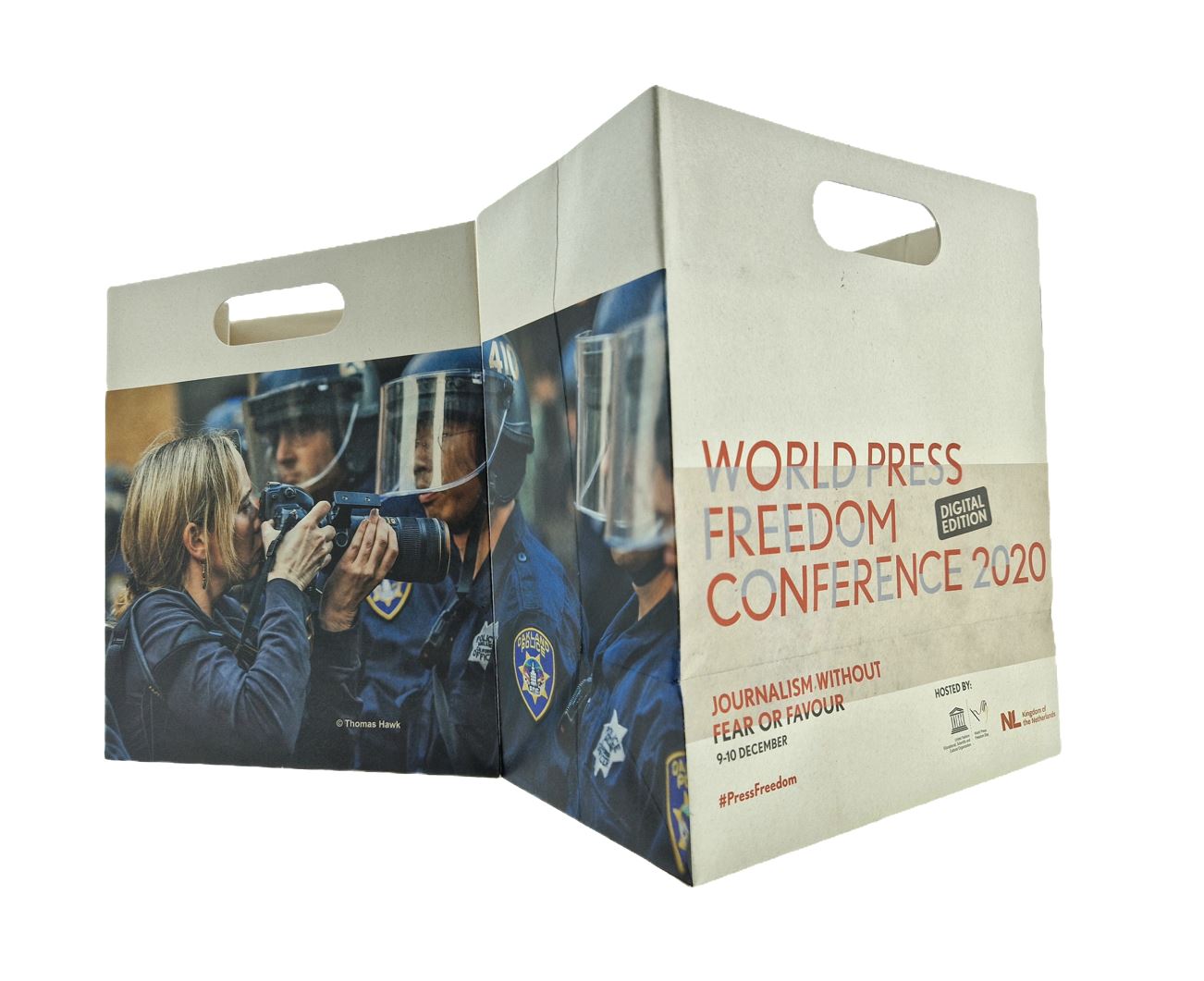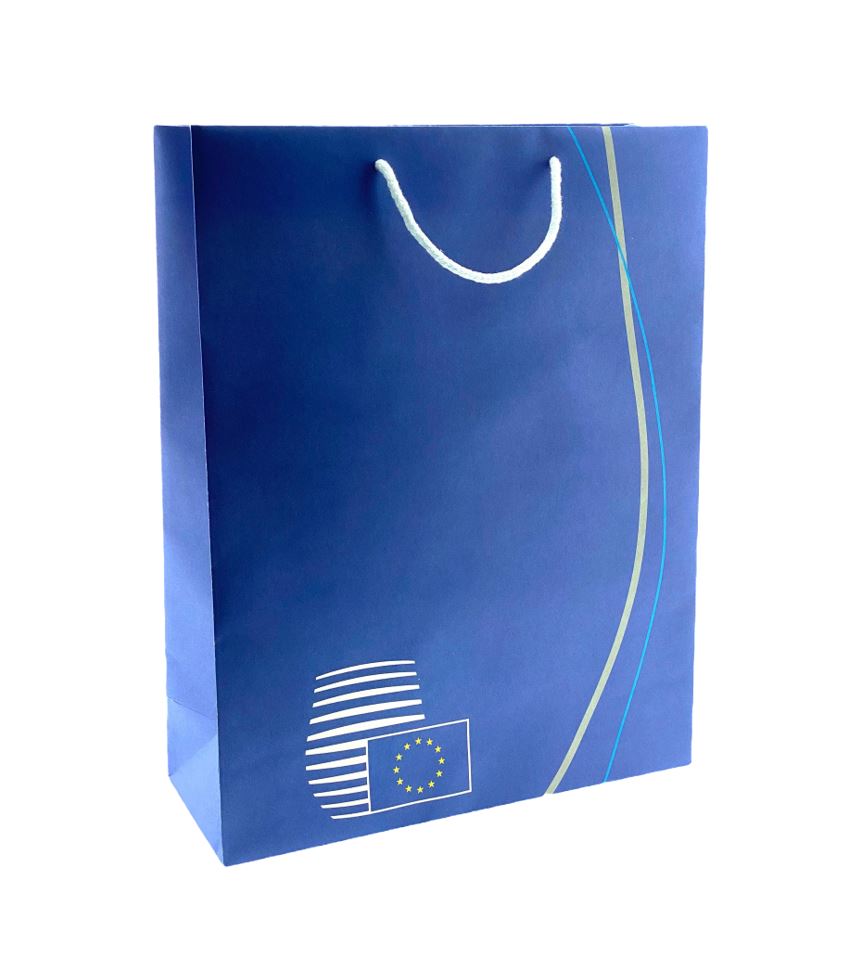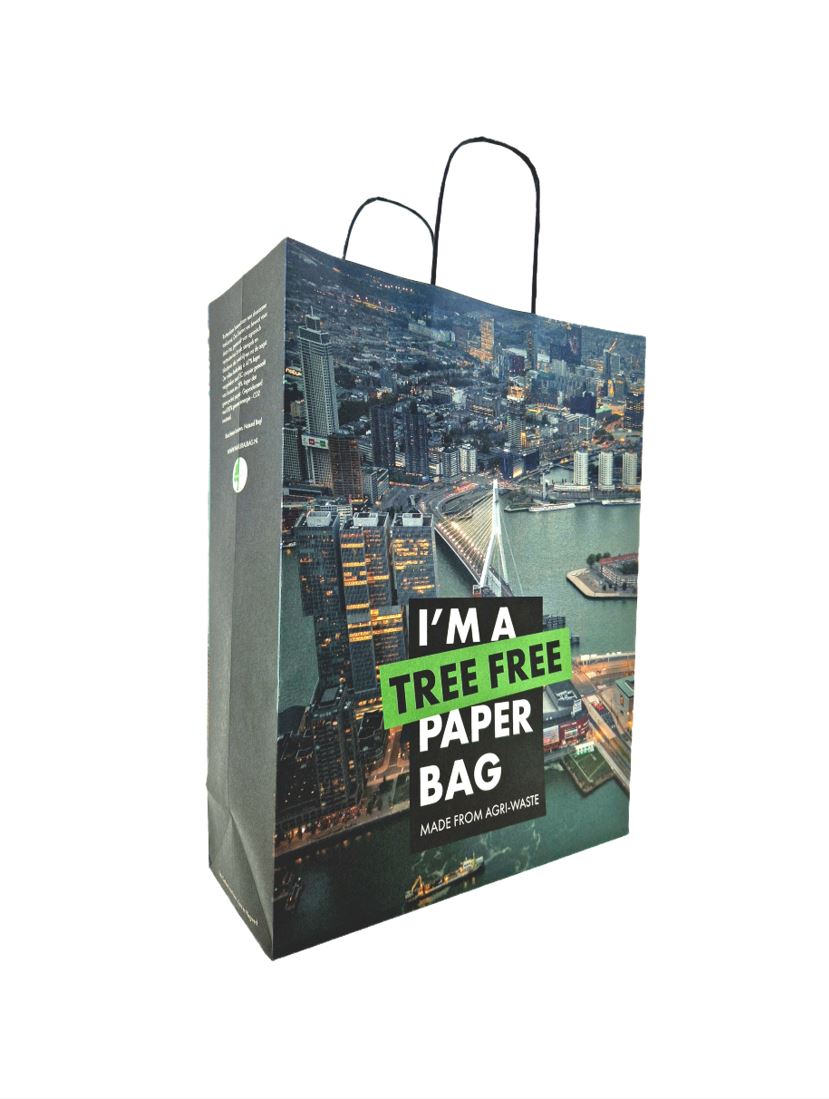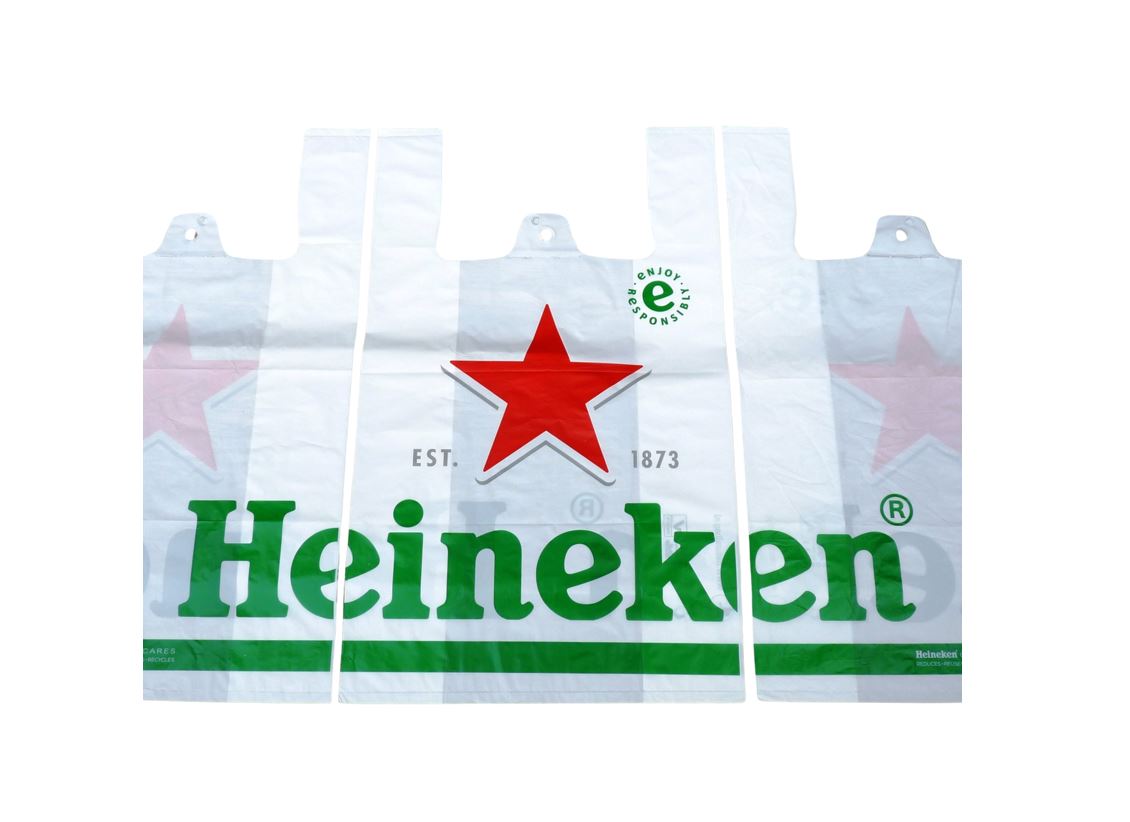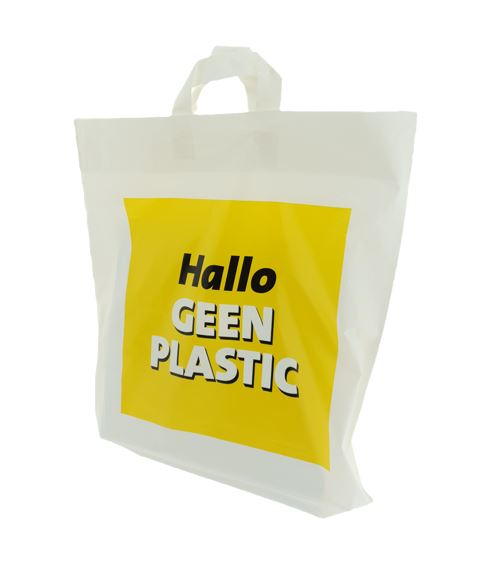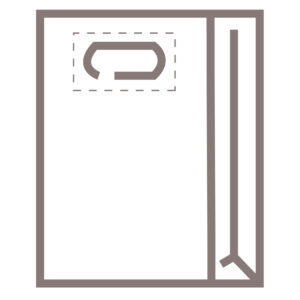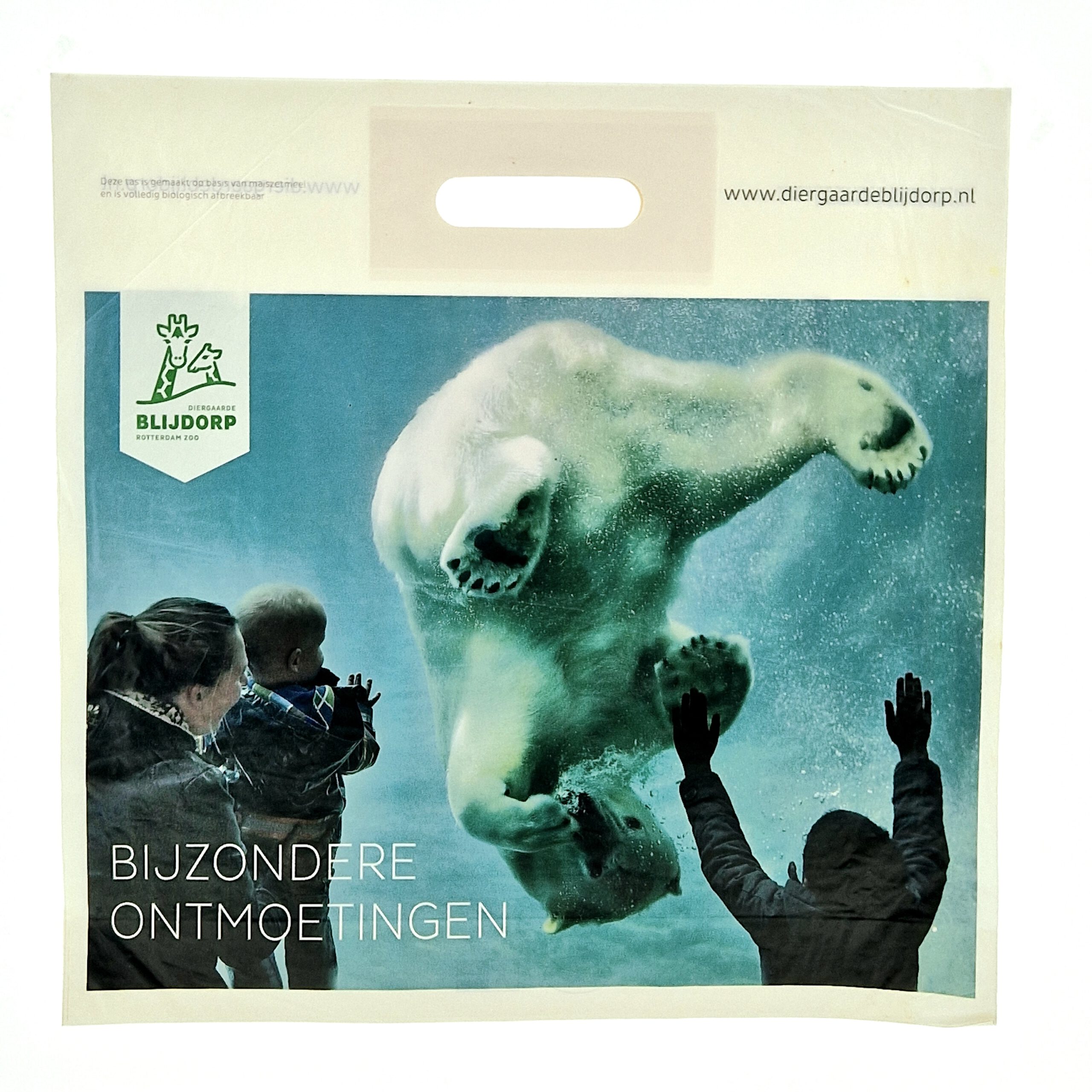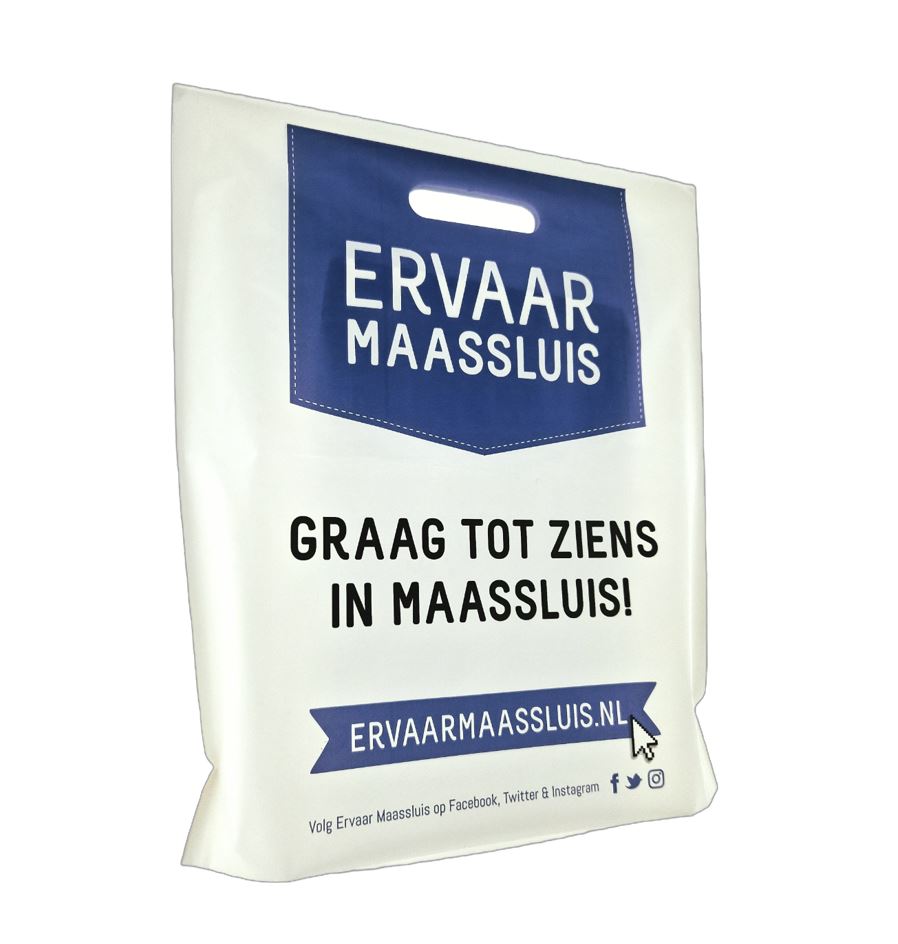Bioplastics are made of vegetal starch and bio-polymers (biodegradable polymers). For example vegetal starch can be obtained out of corn, sugar cane and thistles. The vegetal starch and the bio-polymers are converted to a granulate. This granulate is melted into a film. From this film the bioplastic bags are made. Although the word “bioplastic” contains the word “plastic”, biobased plastic is not fossil plastic. The bioplastics we use in our products is 100% biobased and compostable!
FAQ
European Standard EN 13432:2000
This standard introduced in 2000, states the criteria for packaging and materials to be able to be certified as “biodegradable or compostable” by industrial composting. Once certified products can carry the “Seedling”, “OK compost” and “OK compost HOME” logos. This standard defines both the testing and the evaluation criteria to which compostable packaging and materials must comply. It serves as a reference for manufacturers, public authorities, composters and is also very useful for consumers. The main requirements are (source: TÜV Austria):
Chemical composition:
Limits for volatile matter, heavy metals (Cu, Zn, Ni, Cd, Pb, Hg, Cr, Mo, Se, As), and fluorine.
Biodegradation:
Chemical breakdown of the material into CO2, water, and minerals. The material must be broken down biologically at least 90% according to the standard within a period of 6 months.
Disintegration:
The physical decomposition of the product into very small fragments. After a period of 12 weeks, at least 90% of the product should fall through a mesh of 2 x 2 mm.
Quality of finished compost and ecotoxicity:
The compost quality should not decline as a result of additional packaging material. The standard requires verification by means of ecotoxicity tests: here it is examined whether the germination and biomass production of the plants are not adversely affected by the influence of the composted packaging materials.
The EN 13432 standard specifies that packaging may only be deemed compostable if all the components and constituents of the packaging are compostable. During the certification procedure an assessment is made not only of the basic materials used but also of the various additives and other product properties.
Inks are used in the printing of bioplastic bags. To what extent do these inks differ from the inks used on other bags?
The inks used on bioplastic bags must undergo additional testing to meet the stringent requirements for compostable packaging (EN 13432). They do not contain any heavy metals, chemicals or other harmful substances because they are made from natural raw materials.
All bioplastic bags offered by Natural Bag meet the strict requirements of EN 13432, therefore our bags may carry the OK compost logo, OK Compost Home logo and Seedling logo.
What kind of design is suitable for a bioplastic carrier bag?
In principle, any imaginable logo, photo or design can be printed perfectly with high-quality on our Natural Bags. We deliver your desired design from 1 to 4 colors and full color. Please take into consideration the minimum order sizes to start production as specified per bag model and the amount of colors of your design.
Can I place an order at Natural Bag as a private person?
No unfortunately not. We only deliver to companies, NPO’s and governmental bodies. Of course we welcome the fact that consumers actively ask for the most sustainable bag in shops: the Natural Bag (= NOT fossil plastic). In addition we also encourage everyone to reuse your bags as many times as possible and to always take your own bag before going out shopping.
Corn can better be eaten than be used for bags?
Of all the available corn in Europe currently less than 1% is being used for the production of bioplastics. Moreover, this corn is not considered suitable for the food chain.
Is the production of bioplastics harmful to the environment?
The production of bio-plastic carrying bags is energy efficient compared to the production of regular plastics or paper bags thus releasing less CO2. The used biomass is renewable, so there is no depletion of scarce resources. Trees are not cut down. Because of the short carbon cycle, biomass is characterized as CO2 neutral. Lower CO2 emissions result in less greenhouse gas which is important to reduce and combat global warming.
Are bioplastic bags as strong as conventional plastic bags?
Yes! The bioplastic carrying bag is in terms of strength, elasticity and tension capacity similar to the fossil plastic bag.
How long can I store a bioplastic bag?
In a closed box and in dry environment at normal (room) temperatures the carrying bag can be stored without problems for 1.5 years. However, we recommend using the bioplastic carrying bag preferably within 12 months from the date of production.
What should I do with the bioplastic bag as waste?
The bag with the OK Compost logo or Seedling logo may be disposed off in the compost bin so that it can be processed in an industrial composting plant. Bags with the OK Compost HOME logo may be put on the compost heap at home as well as in the compost bin.
Check your local regulations to be sure how to correctly dispose of the compostable (EN13432) bag/sack as waste.
What is tree-free paper?
The name says it all, this is paper for which no trees are used.
PaperWise paper is made from agricultural waste material such as leaves and stems that remain after all the food products (i.e. Rice, wheat, corn, sugar cane) are harvested. These bio-based resources (re)grow annually as opposed to trees that may need up to as many as 80 years to grow before it is made into paper.
- Food safe EC-1935 and compostable EN 13432 certified
- Reduces cutting down forests; prevents deforestation
- Paper manufactured with 100% green energy – CO2 neutral
- Meets the highest quality standards
- Up to 7 x recyclable
- Environmental impact 47% lower compared to FSC paper made from wood fibers
- Environmental impact 29% lower compared to recycled paper made from wood fibers
- The yield of the material cellulose per hectare crop is approximately 1.5 times higher than that of a hectare of forest
- The same printing qualities as traditional paper from wood fibers
- It makes your organization more sustainable by reducing your ecological footprint
For more information please visit: www.paperwise.eu
Dutch plastic carrier bag regulations as of 01-01-2016
The ban on plastic carrier bags means that as of January 1, 2016, plastic and bioplastic carrier bags may no longer be given out for free. See also our separate page “2016” with a more detailed explanation of these regulations in the Netherlands.

